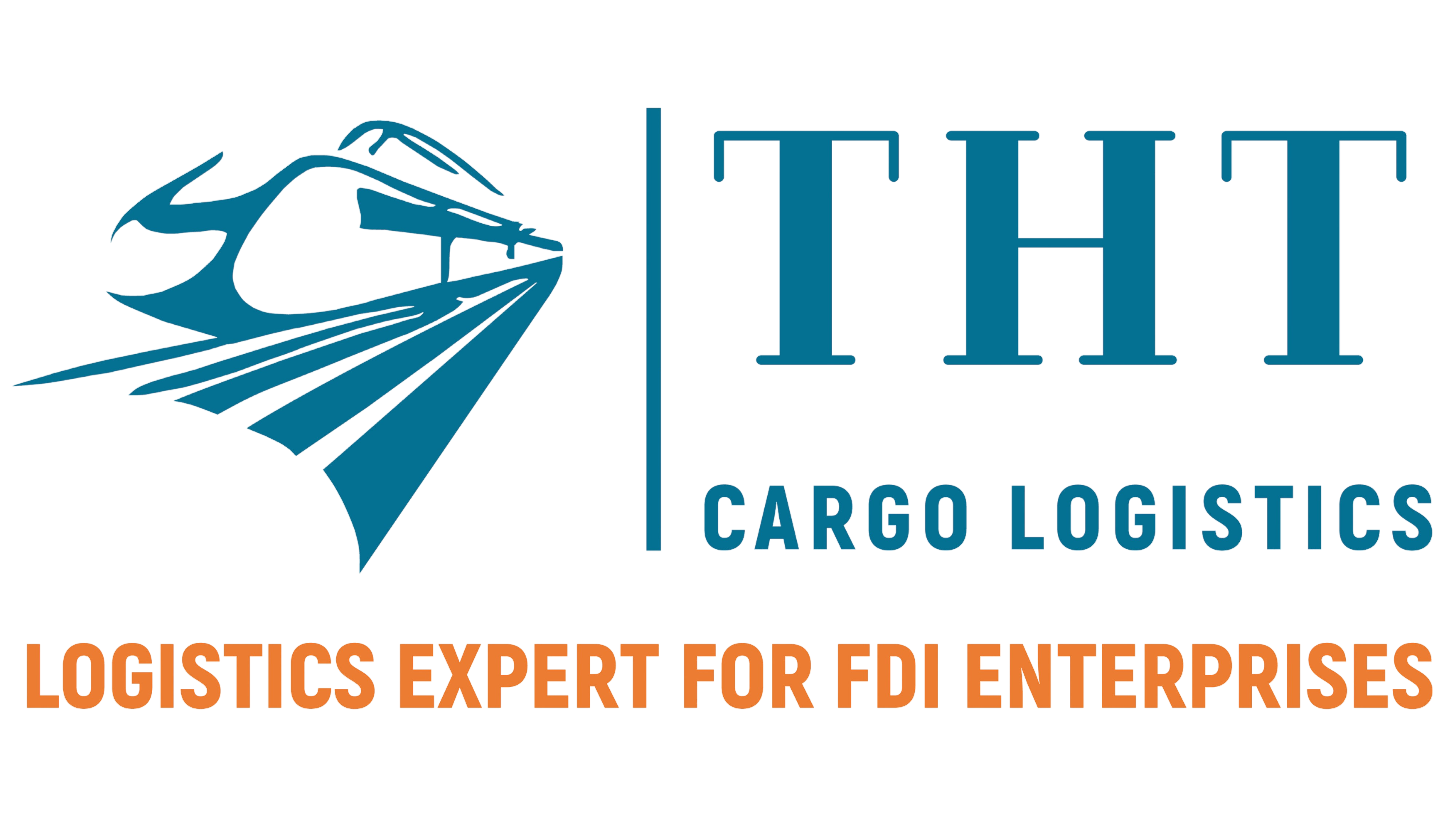In the most simplest of terms, a Carrier (also known as a shipping line) is an entity who undertakes to perform, directly or indirectly the carriage of cargo by sea, rail, road, air, inland waterway or a combination of these modes, normally under a contract of carriage..
In these days of Vessel Sharing Agreement, Alliance and Consortium within the shipping industry, there are various parties involved in the operation of a ship, liner service and container service..
Let’s take the one of the current worldwide Alliances as an example, the CKYHE which is an alliance of shipping lines consisting of Cosco Container Lines, “K” Line, Yang Ming Line, Hanjin Shipping, and Evergreen Line..
This alliance operates five Asia-North Europe services and four Asia- Mediterranean services providing port coverage across Asia, North Europe, and the East and West Mediterranean..
In such an alliance, all lines may be operating their own vessels, but on the basis of a fixed liner schedule. Each of the shipping lines share vessel space which is normally determined by how many vessels each line operates and its capacity..
So on the schedule, one week there may be a Cosco ship, the next week there may be a K-Line vessel, the next week a Evergreen vessel etc and so on and it rotates..
Each of these shipping lines discharge and load cargo on the vessels on this service irrespective of whether the ship is operated by them or not..
If the vessel is operated by Cosco for example and it calls Shanghai, Cosco’s agent in Shanghai will act as the Vessel Agent and also Carrier Agent..
However for the same vessel, K-Line’s agent in Shanghai will only be a Carrier’s Agent and NOT Vessel Agent because they are not handling the operations of this particular ship although this ship is operating under the CKYHE Alliance..
When the vessel is operated by one line (in this case Cosco), other lines are known as partner lines..

The vessel agent generally has a bit more work to do than a partner agent..
A vessel agent’s functions includes co-ordination with the partner lines for the the details of their cargo, weights, size/types, OOG, Hazardous etc etc etc in order to finalise the stowage plan for smooth operation..
The vessel agent also will have to liaise with the port authorities to ensure that the vessel berths on time, commences and completes the cargo operation within the specified and set time frames that such alliances will have with the port authorities..
In case the Carrier Agent also acts as Vessel Agent then their operation division will handle the vessel handling portion whereas the commercial division will handle the carrier agent’s portion..
The Carrier Agent will be the one that handles all the commercial activities of the shipping line such as booking, issuance of their own bill of lading etc whereas the Vessel Agent’s core function is to handle the operation of the vessel..
Since each of these shipping lines will be issuing their own bills of lading for the cargo loaded under their allocation/control, the liability for any damages and its settlement will be individual to the shipping line..
For example if there is a damage cargo claim by a client who loaded cargo with K-Line and has a K-Line bill of lading, there will be no liability on Cosco unless it can be proven that Cosco was responsible for the cargo damage..
That discussion will be between the Carrier Agent (K-Line) and Vessel Agent (Cosco).. However, the customer’s claim will be with K-Line as she made the booking with K-Liner although K-Liner loaded the container on a Cosco vessel..
There could also be cases when you book a hazardous cargo with K-Line, they will tell you that it is acceptable to them as Carrier Agent, but they have to secure final approval from the vessel agent Cosco..
That is because each of the vessel operators have their own set of processes, insurance covers, liability covers etc that they need to adhere to.. So as long as the vessel is operated by one shipping line, the other partner lines may have to adhere to the vessel operator’s procedures..
It may also be possible that as part of the alliance a shipping line might operate a ship on a route, but may not have services ex one of the ports on the route so for that port the agent handling the shipping line will only act as Vessel Agent and not as both Vessel Agent and Carrier Agent..
Visits: 15

